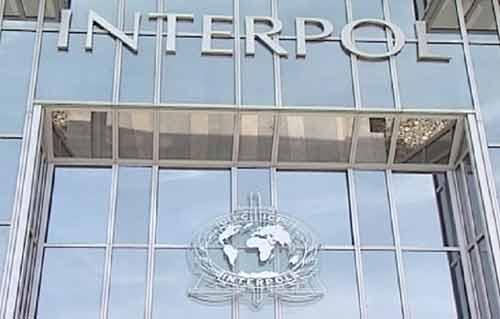The countries that are impeding Iraq’s recovery have been named in a complaint filed with the International Interpol.
Ahmed Al-Olayawi, the official spokesman for the Iraqi Ministry of Culture, Tourism, and Antiquities, was quoted by the Iraqi News Agency (conscious) as saying that the ministry recovered 17 thousand and 338 artefacts within the scope of its plan in force for a year and a half to recover antiquities from abroad, noting that “this is The number is the largest in the recovery operations and the date of the work of the General Heritage Antiquities Author.”
The primary issue facing the ministry, he continued, is that “there is a set of recovery operations from other countries recorded with the ministry, as some of these items were a stolen museum cut from years and some of them pulled from the random expulsion.
As the ministry is currently working on their return, and there is cooperation from some countries in this field, which is met by the lack of cooperation from other countries, Al-Olayawi indicated that “the random exhumation in the remote areas of the country’s periphery causes large quantities of artefacts to leave the country.
He stated, “Iraq has filed a complaint with Interpol International to various nations in an effort to put pressure on them to restore and return the effects,” while emphasising that “the file is still open and has excellent results in favour of Iraqi antiquities.
” Al -Olawi stressed that “Iraq has 15 thousand registered archaeological sites and unregistered sites reach this number,” noting that “some people of remote areas and in cooperation with thieves exhum these areas and extract what can be extracted and smuggle and sell. ”
Furthermore, there are “tight regulations that carry the death penalty against smugglers of antiques.”
Iraq files a complaint with INTERPOL against nations that prevent the recovery of its effects.

